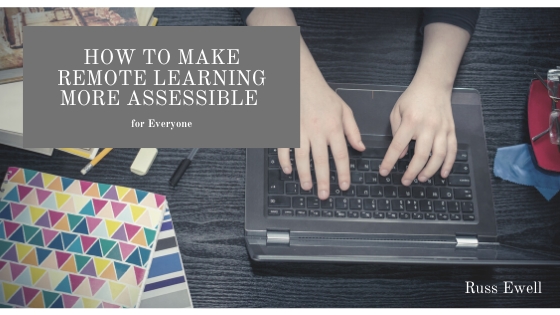One of the first preventive measures that governors took to protect their states from COVID-19 was to shut down schools. Learning had to be stopped to protect the students from coronavirus. For months, students have been forced to study from home using conference calls and apps to connect with the tutor. Unfortunately, not all students can afford to learn from home.
Remote Learning Challenges
Since this is the first time in many years that schools have been forced to close on a massive scale, educators have had to readjust themselves. Teachers are revising the curriculum to make it more suitable for the online audience. Unlike traditional learning, the teacher can’t monitor the students because they are at home. Even though the teacher may see the student online, there are numerous tricks the student can use to avoid class. Thus, tutors need to make lessons more interactive and engaging to keep students interested.
Not all students have a stable internet connection. There are those less fortunate than others. When creating and sending content, teachers must consider the students without good internet. For example, they can make the lesson attachments light so that remote students can easily download them.
Overcoming the Challenges
To make remote learning more accessible, education stakeholders should leverage on innovation. For example, the school board management, parents, and teachers can agree on hiring a technical specialist to create unique solutions to the problem. The developer can create a remote learning framework that considers diverse student capabilities and talents. This innovation will personalize studying materials and lessons and make the learning more inclusive and accessible.
Uncertainty breeds fear and anxiety for everybody. Students that are more concerned about the current state of affairs are less likely to be attentive during remote sessions. Tutors should practice empathy and show genuine concern for their students. It doesn’t have to be about school all the time. The educator can pick a specific day to host a Q/A session. The special session will allow students to bond with each other and assist where they can. Emotional and psychological support will make learning more accessible to those worried about the future.
To cope with the changing times, teachers should think outside the box and embrace innovation for better results.

